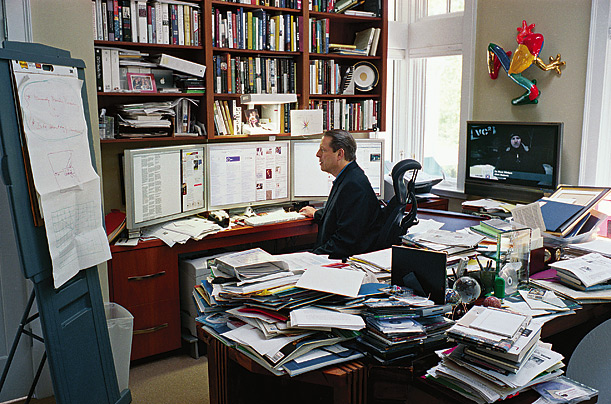Produce as much as you consume project
In the spirit of this article I linked to the other day on Jimiyo, And a challenge from the unmarketing blog on twitter: “For one day this week, stop consuming info and create something.”
I’m going to try to set aside at least one day a week, (Saturdays) and possibly two (Wednesdays) in which I produce rather than consuming. I’m trying it today – not reading books, not watching TV, not reading on the internet. Just designing, photography, writing, knitting, singing, gardening, exercising. I sure shouldn’t be bored.
Wednesdays shouldn’t be too hard – we already spend the evenings in knitting class, and Wednesday mornings are one of my workout days, so it’s just being disciplined during the day that’s the key.
